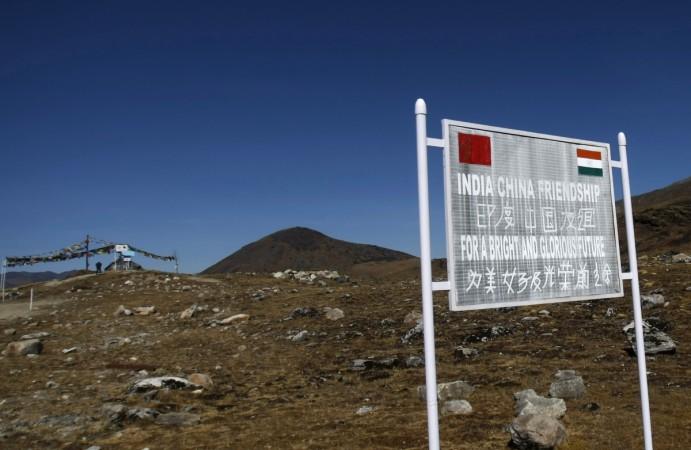
A young woman's initiation tour as a lieutenant in the Indian Army turned into a heart-rending moment, which she is bound to remember all her life. An army post named "Ashish Top" left her wondering how the place at the Indo-China border in Arunachal Pradesh got its name. But her happiness knew no bounds when she learnt that the name was a tribute to her father.
As soon as she realised that the post was named after her father, the proud lieutenant called up home right away and informed her parents.
"I was at home when I received a call from the commanding officer of the unit manning Ashish Top. He introduced himself and described how my daughter had broken down on coming to know that the post was named after me," the Times of India quoted her father Ashish Das as saying.
"I may have told my family of our unit's exploits in that sector in 1986 but my daughter was not even born then. Even I came to know about this post being named after me only in 2003, 17 years after we beat back troops of China's People's Liberation Army (PLA) and occupied the post at 14,000 feet," her father, a retired colonel of the Assam Regiment, told the daily.
Das recalled the events in 1986 and spoke about how the PLA had crossed over the Line of Actual Control (LAC) in the Sumdorong Chu Valley of Arunachal Pradesh. The Chinese troops had reportedly constructed helipads and other infrastructures in the region. The Indian Army had then airlifted an entire infantry brigade to a landing area in Zimithang, near Sumdorong Chu.
"We had to blast our way through Bum La and reached the Sangetsar lake. The Chinese were sitting just across. Our orders were to hold ground and we dug in. Every officer must have made 17-20 copies of wills in the intervening days and handed them over to their adjutants. We started to move forward a few days later and also blasted Kyapho that was snowed in," Das explained.
He spoke of the tough times the regiment endured and even recalled how they had to survive on rats. "There were firefights every day as we proceeded from one bunker to the next," Das added.
Meanwhile, this is not the only army post that has an unusual story behind it. The army post at Nathu La in Sikkim comes with its own tale about an army major, who reportedly guards the border, even 50 years after his death.
The story of Captain Harbhajan Singh, popularly known as Baba Harbhajan Singh, is a popular folklore amongst the personnel of the Indian Army and a shrine has also been built in his honor. It is also believed that Singh's spirit protects every soldier in the high-altitude terrain of the Indo-China border.

















